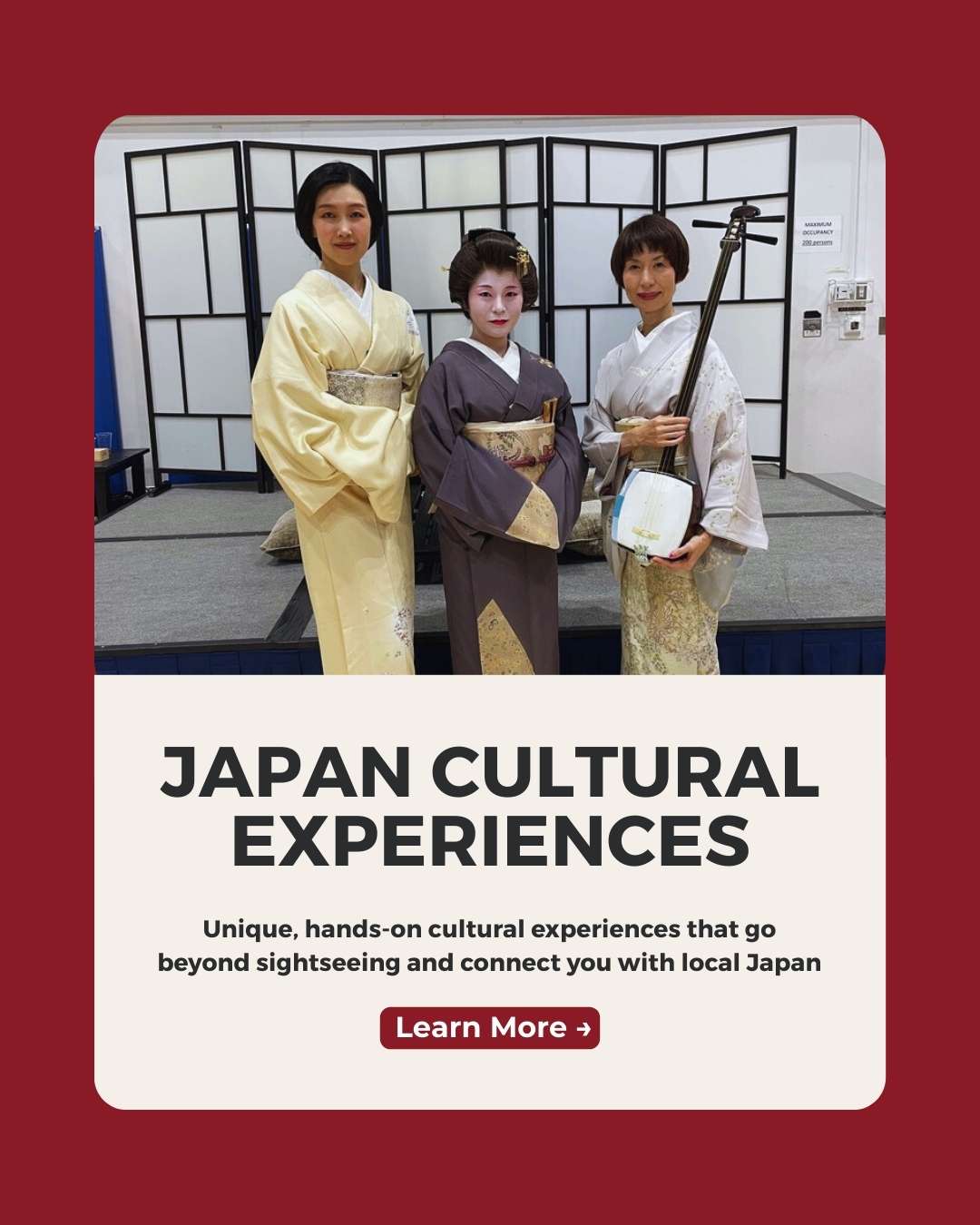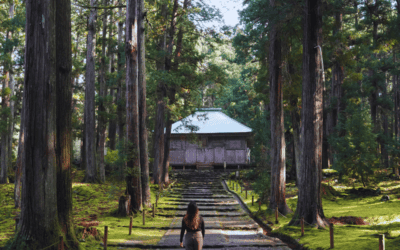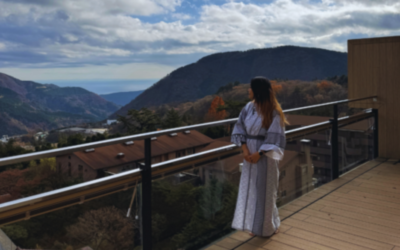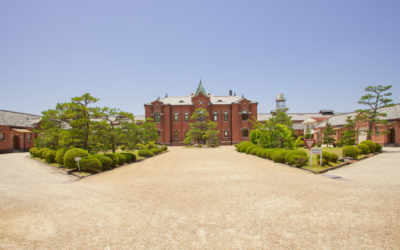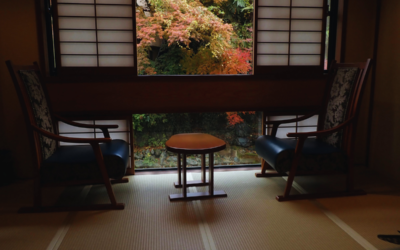Planning a night out in Japan? In this post, we introduce some handy Japanese words and phrases for drinking that can help you navigate the country’s nightlife, even if you don’t speak Japanese!
Before we get to it, find out more about different Japanese drinks, Japanese beers, the special strong zero you can get in Japan, and how to prepare for a night out in Tokyo. Also check out our bar recommendations in Shinjuku, Shibuya, Roppongi, Akihabara, Asakusa, Nakano, Shimokitazawa and Koenji.
One of the best ways to explore Tokyo is to visit the local areas and immerse yourself in the local culture. If you want to explore local areas, we have created scavenger hunt adventures personalised to your interests, filled with fun facts, clues and puzzles. If you’re curious, you can check out the games here! Check out the Flip Japan Games here! |
Japanese Words and Phrases for a Night Out of Drinking
Izakaya (居酒屋): Traditional Japanese Pub
An izakaya is a place where you can drink and eat tapas-style snacks. They tend to be pretty cozy, so you will definitely get to know the quirks of the owner and your fellow clientele. A definite must-visit if you’re in Japan!
Otoushi (お通し): Appetiser/ Table Charge
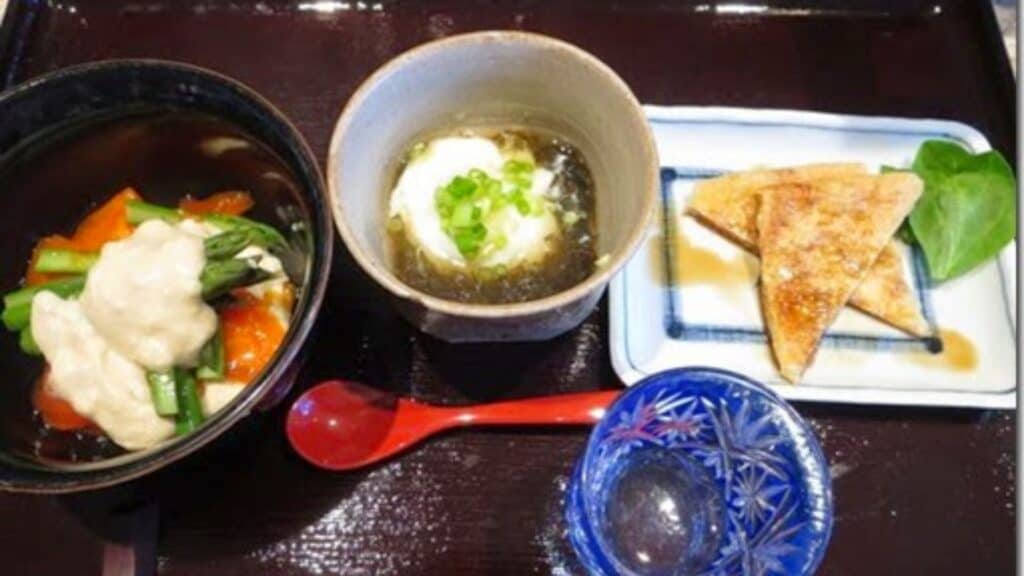
A lot of Japanese bars and izakayas will charge you an otōshi to drink there. Food and drink are traditionally served together, so otōshi also means a little bowl of food they’ll serve you with your first drink. Neat!
Sumimasen (すみません): “Excuse me!”

Can’t see the bartender? After another round of Moscow Mules? Just shout ‘sumimasen’ to get their attention. This useful Japanese phrase will come in very handy.
Mou ippai kudasai (もう一杯ください): “Another drink, please!”
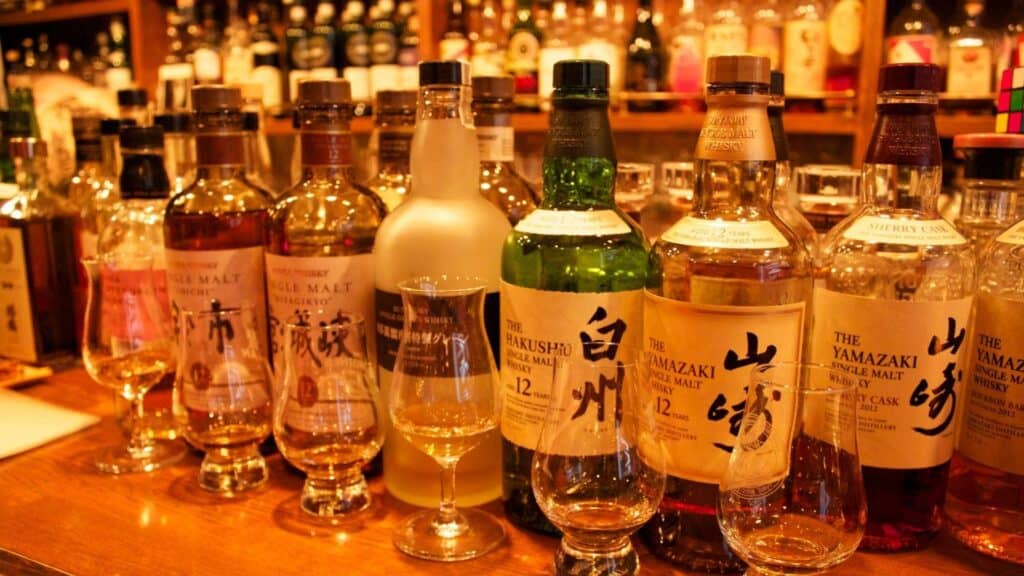
Use this phrase if you can’t remember the name of that delicious plum wine you’re drinking in the izakaya, but you want another!
Okaike (おかいけ): The Bill

The bartender will probably understand ‘check’, but why not bust out this word?
Tsuyome (強め): A Little Stronger

Feel like your mojito isn’t very strong? ‘Tsuyome’ literally means ‘stronger’, so hopefully they’ll give you another shot!
Yowame (弱め): A Little Weaker
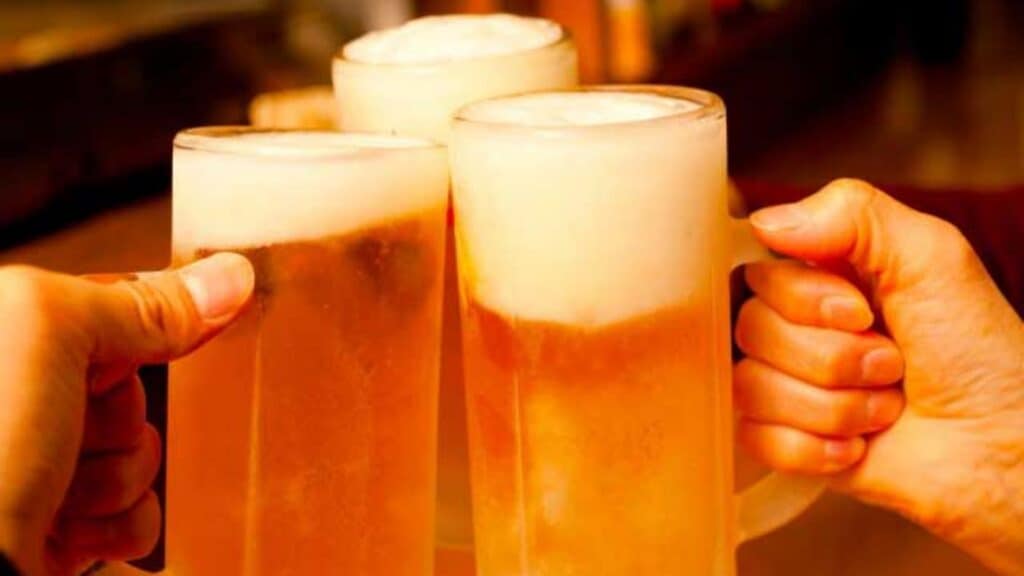
Feel like your mojito is way too strong? ‘Yowame’ literally means ‘weaker’ and is a helpful phrase if you’re looking to not get too smashed.
Daijoubu desu (大丈夫 です): “It’s okay.”
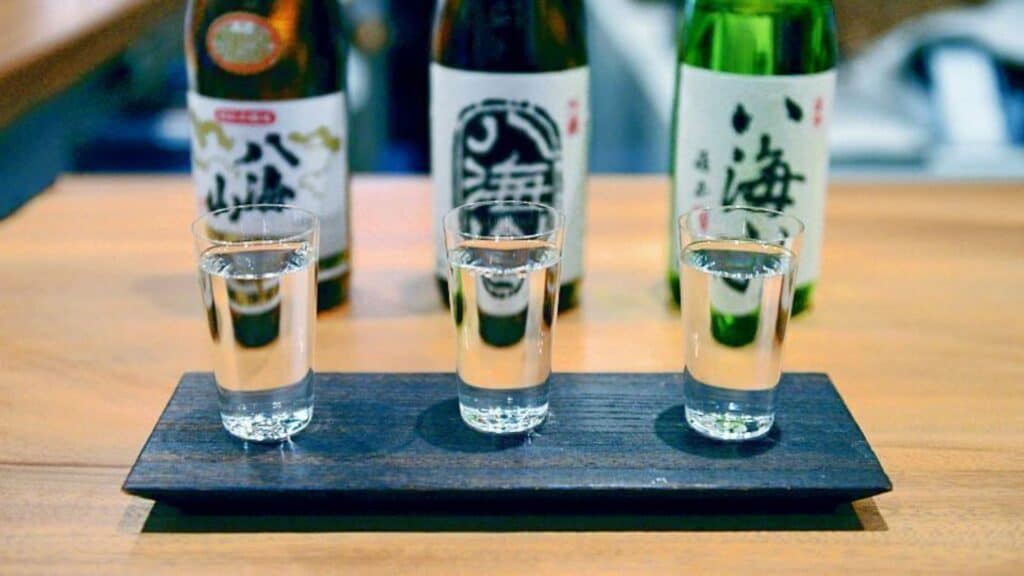
If you don’t want another drink or you’re still on your first one, just whip out this bad boy if they ask you if you want another. But be careful — some bars will get annoyed if you stick around too long not drinking!
Itadakimasu (いただきます): A phrase to say before you tuck into your meal

It’s a Japanese phrase used kind of like saying grace anywhere else. If you’re in a group, say this before you tuck in.
Kanpai (カンパイ): “Cheers!”
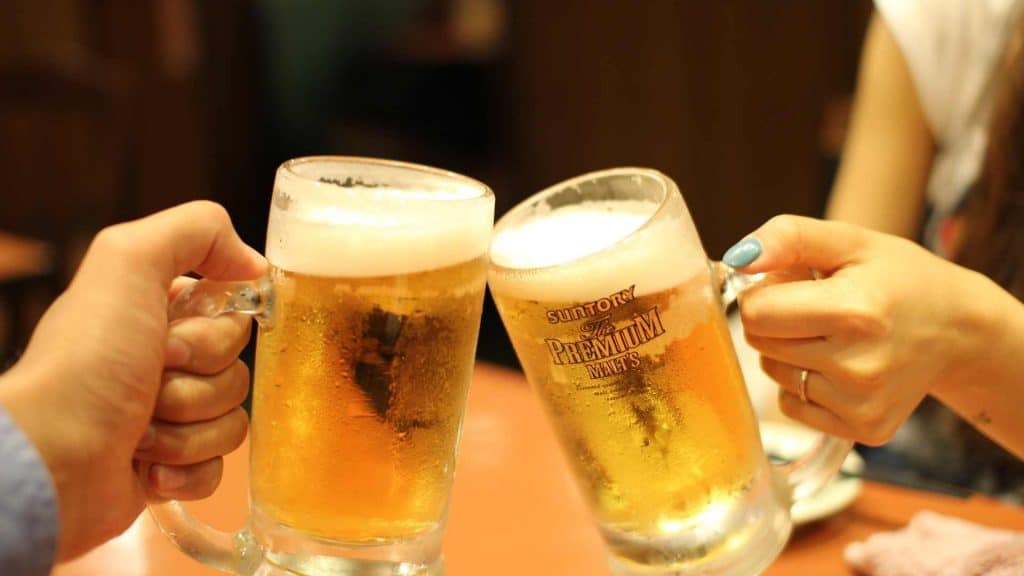
If you’re getting in a round with some new Japanese pals.
Eki wa, doko desuka? (駅はどこですか): “Where’s the station?”

Ending your night out and ready to head back to the Airbnb? Eki means station. Hopefully, someone will be able to help you! If you need your drunk food before wrapping your night up, check out these options!
Enhancing Your Tokyo Nightlife Experience with These Essential Phrases
As you prepare for a night of revelry in Tokyo, armed with these essential Japanese phrases, you’re not just embarking on a drinking adventure; you’re diving headfirst into the heart and soul of Tokyo’s vibrant nightlife. From ordering drinks with finesse to striking up conversations with locals, mastering these phrases opens doors to unforgettable experiences and authentic connections.
So, raise your glass, immerse yourself in the energy of the city, and let the magic of Tokyo’s nightlife envelop you. With these words and phrases at your disposal, your night out in Tokyo is bound to be an adventure to remember. Kanpai!
Find out more about all the different Japanese food, different types of ramen, ramen chains in Japan. For drinks, check out different Japanese drinks, Japanese beers, the special strong zero you can get in Japan, and how to prepare for a night out in Tokyo.
Stay tuned for more information about Japan travel, Japanese culture, moving to Japan, living in Japan, Japan nightlife, Japanese language and more.





